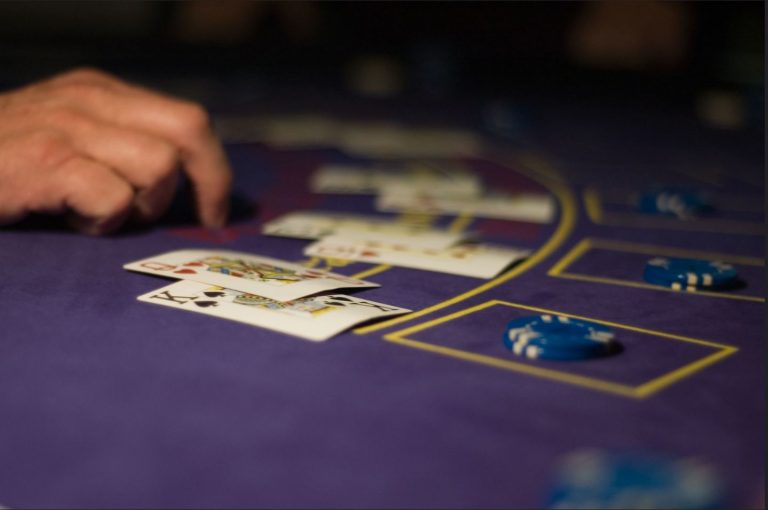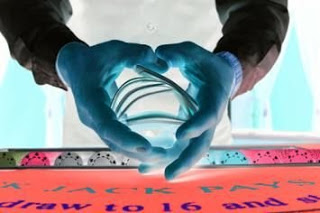
As readers of sites like this, most of us hold the view that tech is a good thing. Perhaps not a cure to all the world’s ills, but ultimately beneficial to society, enterprise and the world of entertainment. And yet, there are plenty of instances where we can cite tech as having an adverse impact upon a specific industry or group of people.
One such area is in the game of blackjack, and perhaps traditional casino games in general. Bear with us, because this gets complicated: We aren’t talking about the rise of virtual casino games, but other auxiliary tech traits that can impact the fundamentals of the games.
Let us explain with the example of blackjack. For decades, perhaps even centuries the game has remained mostly unchanged. There are different variants, such as the differences between the rules of a pontoon card game, blackjack surrender and Vegas Strip rules. But the essence remains the same; namely, that there is perceived fallibility within the mathematics of the game.
Card-counting may disappear
That fallibility or imperfection in the math usually comes in the form of card-counting. Contrary to common perception, it’s not illegal, nor is it as tricky as portrayed in movies like Rain Man. In effect, all you do is keep count of high and low cards coming out of the deck using basic systems. It’s as easy as, say, using a system to remember a phone number.
Anyway, because card-counting can be incorporated into a strategy and because blackjack has a very low house edge, usually less than 1%, experienced players believe that they can gain an advantage over the house. That’s the reason you hear people claim they are good at blackjack. It’s the reason why casinos ban players. And, it’s the reasons why lovers of the game claim it is a skill game, not one of random chance.
And, here’s where the tech comes in. Some casino resorts will incorporate automatic card shufflers of a specific kind, called continuous shuffling machines (CSMs), that render all that card-counting obsolete. Casinos, and to be fair, not all of them use these machines, maintain that it keeps the house edge the same as advertised, but it removes the whole idea that a player can beat the system. In short, you can’t use a card-counting system because the cards are being shuffled continuously.
Software could lead to unwanted randomness

But here’s the real fear: One day the idea of having dealers and real cards replaced by software. Casinos could claim – rightly – that this is a purer reflection of the ‘real’ blackjack odds. In a way, though it would be too perfect. People play blackjack that uses RNG (random number generator) software online all the time, but there is also an alternative offered with live dealer blackjack at most online casinos. One suspects that most experienced players opt for the latter.
All of this comes back to the keyword we mentioned earlier, “fallibility”; or perhaps more aptly, “perceived fallibility”. That concept is key to why blackjack, and a handful of other casino games, has remained popular through the generations. An imperfection in the casino’s calculation of house edge has led players to believe they can beat the math. Beating the best software, however, is an altogether more difficult prospect. And it might finally see the end of the high-rolling card sharp at the blackjack tables.